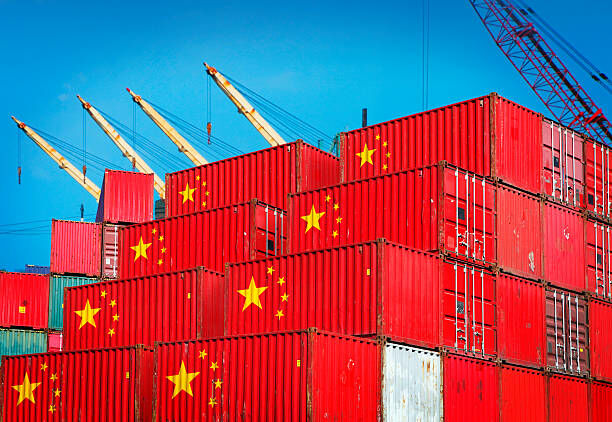Thai retail sector struggles despite tax incentives and tourist spending

Despite increased spending by tourists and tax incentives to encourage buying, Thailand’s retail sector is under strain. The sector, facing the challenges of a surge of substandard goods from China, is burdening local entrepreneurs.
Thai Retailers Association Vice President Chatchai Tuongratanaphan predicts a growth of only 1-2% in the retail sector for the first half of the year. This is due to the postponed fiscal 2024 budget and the termination of the Easy E-Receipt scheme, which provided tax rebates of up to 50,000 baht (US$1,409) for spending from January 1 to February 15.
Chatchai revealed that the tax incentive failed to stimulate retail sales significantly as it was only applicable to about 4 million taxpayers who earned more than 25,000 baht (US$704) monthly and had substantial spending power. Most of these taxpayers are based in the Bangkok metropolitan area and are typically purchasers of expensive, non-food items like electrical appliances.
Chatchai anticipates that the retail sector will pick up pace in the third quarter as budget spending increases, contributing to overall retail growth of 3% in 2024, in line with the GDP growth forecast.
However, he noted several issues that continue to hinder the sector and its supply chain. These include a high non-performing loan outlook and escalating living costs, which diminish consumer spending power, particularly among the middle and low-income classes.
Chatchai also recommended short-term initiatives to drive high-spending consumers, such as turning Phuket into a tax-free shopping destination to lure high-value buyers. To enhance foreign tourist spending, he suggests focusing on prolonged stays and the development of high-quality products.
Concerning the flood of inexpensive Chinese goods, Chatchai believes this globalisation trend emerged years ago and should not significantly impact the retail sector that stands at the end of the supply chain. He suggested that the government should consider regulating free trade zones and reassessing value-added tax (VAT) exemptions for online purchases of less than 1,500 baht (US$42) to curb the influx of illegal, low-cost foreign goods.
Retail forecast
Thailand’s retail sales are forecast to expand by 3% this year to 4.1 trillion baht (US$115 billion), according to Kasikorn Research Center (K-Research). However, K-Research warned that local manufacturers are likely to face fierce competition from imported goods, particularly from China.
Thaniwan Kulmongkol, president of the Thai Restaurant Association, expressed that the influx of cheap food ingredients from China also disrupted the domestic market, posing a threat to the competitiveness of local farmers.
She emphasised the need for more coordinated efforts among responsible ministries to support the entire agricultural supply chain, from upstream production and sourcing to downstream selling and exports.
Thaniwan anticipates steady revenue growth in the restaurant industry this year as foreign tourist arrivals increase, forecast to reach 35-40 million. However, she also noted that as domestic purchasing power weakens, locals may opt for more affordable meals or street food to manage expenses, reported Bangkok Post.
Latest Thailand News
Follow The Thaiger on Google News:


























